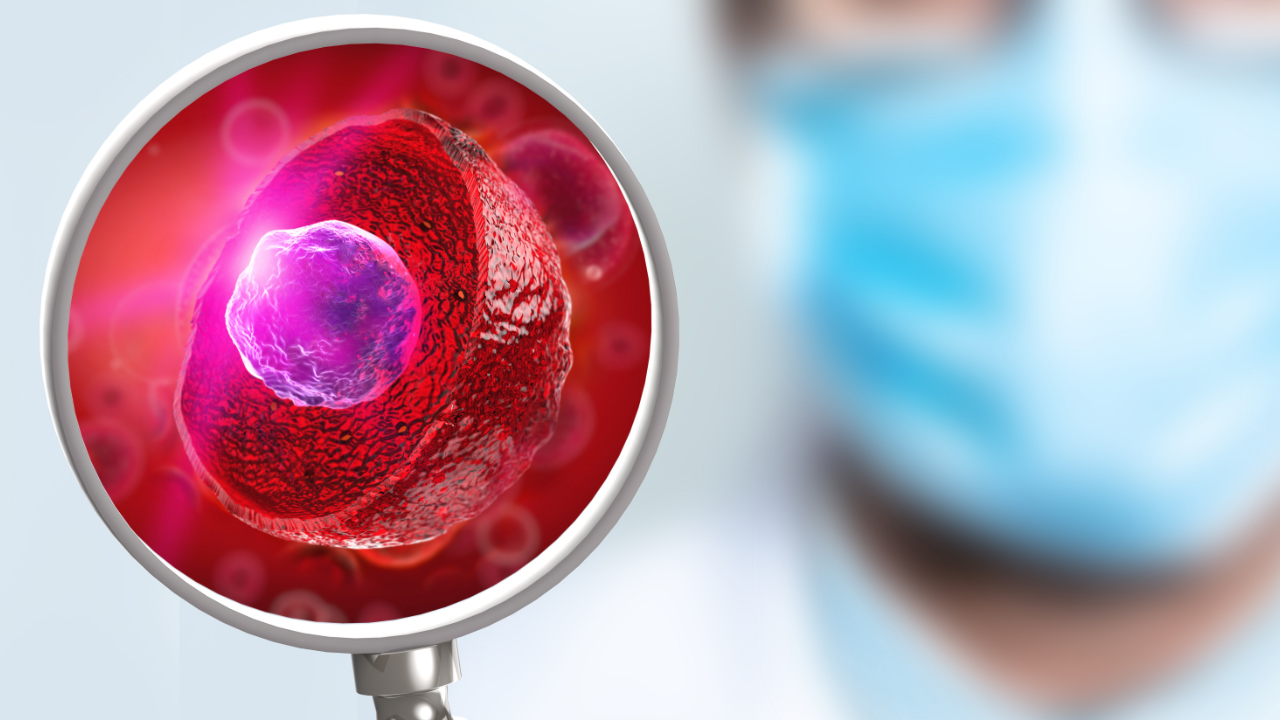European academies of sciences warn about stem cel therapies
Regenerative medicine seems to hold promise for the treatment of many serious diseases. So far, its effectiveness has been confirmed only in few cases. Despite this, commercial clinics – guided by profit motive – offer unproven cell and gene-based therapies. Such unethical practices put patients at risk. European academies of sciences address this increasing problem in their latest report.

The "Challenges and potential of regenerative medicine" report was published on June 2, 2020. It was prepared jointly by the European Academies’ Science Advisory Council (EASAC), associating 28 European academies of sciences (including the Polish Academy of Sciences) and Federation of European Academies of Medicine (FEAM). Polish scholars have made their contribution as well.
- "Challenges and potential of regenerative medicine" – download report
High hopes
Although progress has been made in stem cell research and tissue engineering, we are still far from what commercial clinics promise us. Many patients with hard-to-treat diseases are desperate to find a cure and undergo this expensive treatments of questionable utility.
"The EASAC and FEAM report warns against choosing shortcuts and offering ‘miracle cures’, says prof. Józef Dulak (Jagiellonian University) from the PAS Committee of Biotechnology. "It’s time to take decisive actions for the protection of collective interests of patients against costly and potentially dangerous treatments".
Scientists appeal to European lawmakers
According to experts, some of the experimental therapies obtain early market approval even though there is insufficient evidence that the offered treatment is safe and effective. The reason for this situation is the pressure exerted by biotechnology companies competing with each other on the global market.
Enthusiasm about the broad potential of regenerative medicine has led to a gap between expectations and real possibilities of translating this relatively new field into clinical practice. Therefore, the academies of sciences urge the European Union (EU) to guard health regulations and not lower regulatory threshold without fully considering the consequences for patient safety.
“Scientific research and proof are more important than ever. The EU and national regulators should be wary of not undermining public trust in science,” says the co-author of the report, Prof. Giulio Cossu from the University of Manchester.
Key recommendations:
- Promote good biomedical science – from fundamental research and its translation to clinical trials;
- Base proportionate and consistent regulatory authorization for marketing on robust and replicable science;
- Make sure researchers must follow professional guidelines on responsible research and its translation, and standard-setting, in pursuit of good practice;
- Include teaching on regenerative medicine in the medical curriculum;
- Put patient interests first and ensure a robust scientific basis for the clinical intervention and for the endpoints selected for measurement;
- Engage with the public and patients and debunk misinformation.
Position of the PAS Committee on Biotechnology
It is worth recalling that the Committee on Biotechnology of the Polish Academy of Sciences has been warning for many years against the use of unconfirmed stem cell therapies. Detailed information can be found on the committee's website.
Source of information: EASAC and FEAM report
